“I must confess to an awe of Bernhard. Awe and admiration. This dadaesque book, 3 Days, brings Bernhard to life. It may be the quintessential Bernhard volume. I love it, and it has already become one of my favorite books.”
—Errol Morris, filmmaker and author of Believing Is Seeing
“Beautiful—and strikingly spare—few books exert such fascination so quickly!”
—Sven Birkerts, author of The Gutenberg Elegies
“Thomas Bernhard: 3 Days works so well as (photo-)album book that there are times one forgets that it is a film-record.... Thomas Bernhard: 3 Days isn't so much a print-reproduction of the film as a complement to it (with Vogt's Afterword providing some useful supplementary information), and a beautiful and very appealing work all on its own.”
—M. A.Orthofer, The Complete Review
“Thomas Bernhard is one of the indispensable writers of the 20th century.”
—Thomas McGonigle, Los Angeles Times
Over the course of three days in June 1970, seated on a white bench in a Hamburg park, Thomas Bernhard delivered a powerful monologue for Three Days (Drei Tage), filmmaker Ferry Radax’s commanding film portrait of the great Austrian writer. The author of ultimately some forty volumes of plays, fiction, poetry, and a memoir, and recipient of practically every important literary prize that the German-speaking world awards, Bernhard wrote with an exceptional genius and voice, placing him in the pantheon of Beckett, Swift, and Kafka.
Bernhard’s stature as a writer was clear by 1970, when experimental filmmaker Ferry Radax sought out Bernhard and obtained his agreement for an unconventional film portrait to be created over nine days. Bernhard, however, suddenly withdrew his cooperation and would agree only to a three-day shoot in which he would sit on a bench and say what was going through his mind. With characteristic frankness, irascibility, irritation, and acerbic humor—which together evince his great heart—in Three Days, Bernhard extemporaneously articulated his thoughts about his life and about his writing. Radax interwove the monologue with resonant visual techniques—blackouts, extreme distance, extreme close-up on his uncomfortable subject.
Published for the first time in English, and for the first time with imagery from the film and source material that spurred Bernhard’s thoughts, this publication of Bernhard’s poetic prose monologue, by turns raw, grave, absurd, tender, and deeply human, is combined with more than 160 stills from Radax’s film, allowing this unique portrait of Bernhard to be savored in book form.
“Great book design is always a combination of several things. Taste, cleverness, an ability to graphically augment content… But this goes beyond all of that. Perhaps beyond design altogether. This collaboration between Laura Lindgren (translator and designer), Ferry Radax (Bernhard’s film biographer), and Thomas Bernhard (one of the great writers of the 20th century) has produced a unique work of art. Bernhard had a pathological suspicion about words and language—about writing, maybe about consciousness, itself. He wrote in such a way as to undermine the process of writing. The writer with an underlying hatred of writing, as if each word was a stain on the page. I must confess to an awe of Bernhard. Awe and admiration. This dadaesque book, 3 Days, brings Bernhard to life. It may be the quintessential Bernhard volume. I love it, and it has already become one of my favorite books.”
—Errol Morris, filmmaker and author of Believing Is Seeing
“What is extraordinary about Bernhard is that his relentless pessimism never seems open to ridicule; his world is so powerfully imagined that it can seem to surround you like little else in literature.”
—The New Yorker
“It has to be understood that Bernhard himself writes a prose so unrelenting in its intensity toward a fixed idea that it sometimes approaches a level of self-destructive delirium. He is frequently funny at this level.”
—Don DeLillo
“[Bernhard] is a remarkable literary performer: a man who goes to extremes in ways that vivify our sense of human possibilities, however destructive.”
—Richard Locke, Wall Street Journal
“If the novelist and playwright Thomas Bernhard had not lived, Samuel Beckett or Werner Herzog would have created him as an existential antihero. Like them, he expressed a view of life that was rigorously bleak and exactingly nihilist, yet in its way terribly humane, because it offered no false hopes or misleading promises, the ultimate inhumanities. As he says here, 'In darkness everything becomes clear.' Filmmaker Ferry Radax came up with precisely the right minimalist process for interviewing him, which Laura Lindgren has translated (in every sense) to the pages of this meticulously beautiful book.”
—John Strausbaugh, author of City of Sedition and The Village
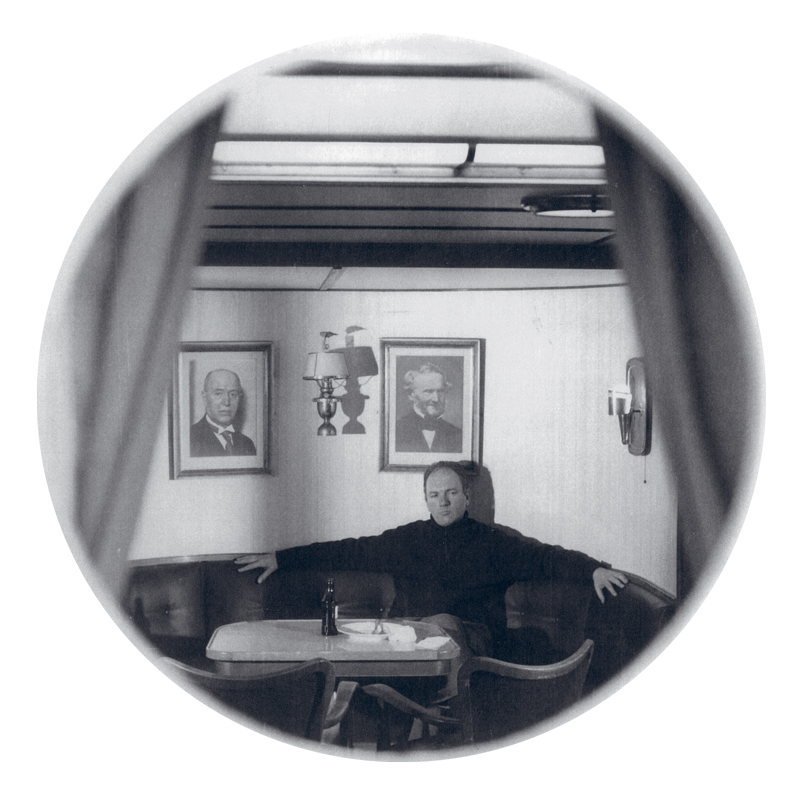 Thomas Bernhard (1931–1989) is widely regarded as Austria’s greatest post–World War II writer. His best-known works include Frost; The Loser; Concrete; The Lime Works; Gargoyles; My Prizes; and his extensive memoir, Gathering Evidence, published originally in five separate volumes between 1975 and 1982.
Thomas Bernhard (1931–1989) is widely regarded as Austria’s greatest post–World War II writer. His best-known works include Frost; The Loser; Concrete; The Lime Works; Gargoyles; My Prizes; and his extensive memoir, Gathering Evidence, published originally in five separate volumes between 1975 and 1982.
Ferry Radax (b. 1932) is an Austrian filmmaker best known for his short experimental films, documentaries, and portrayals of writers and artists, including Bernhard, Konrad Bayer, Friedensreich Hundertwasser, and James Joyce. He is the recipient of two lifetime achievement awards in Austria, among others.
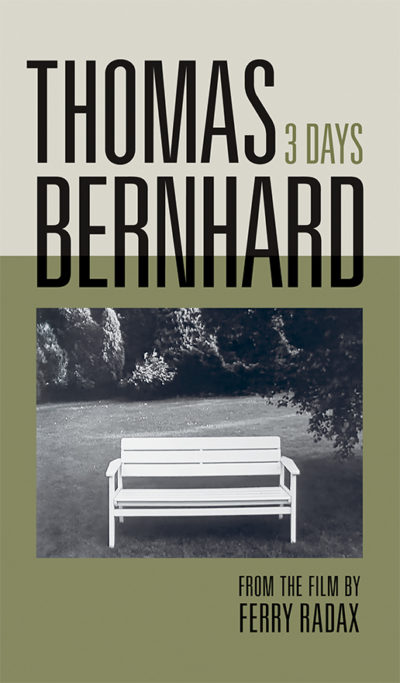
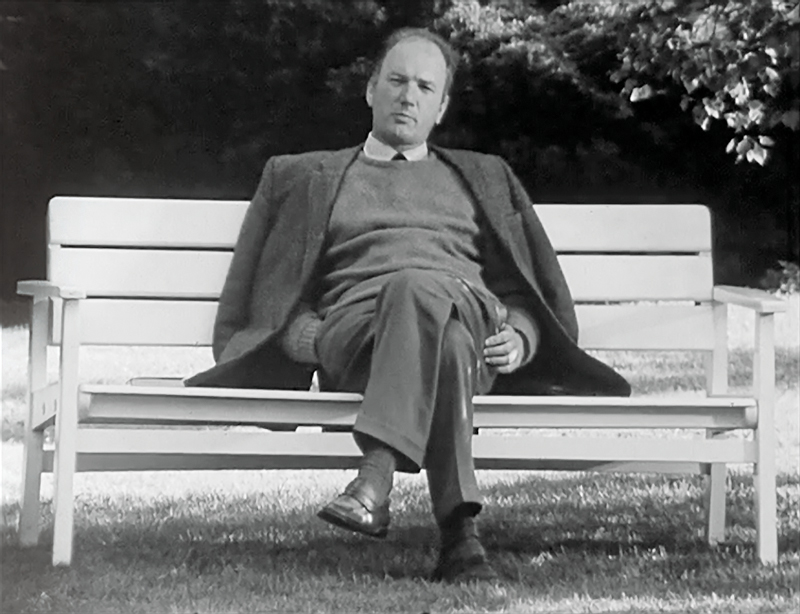


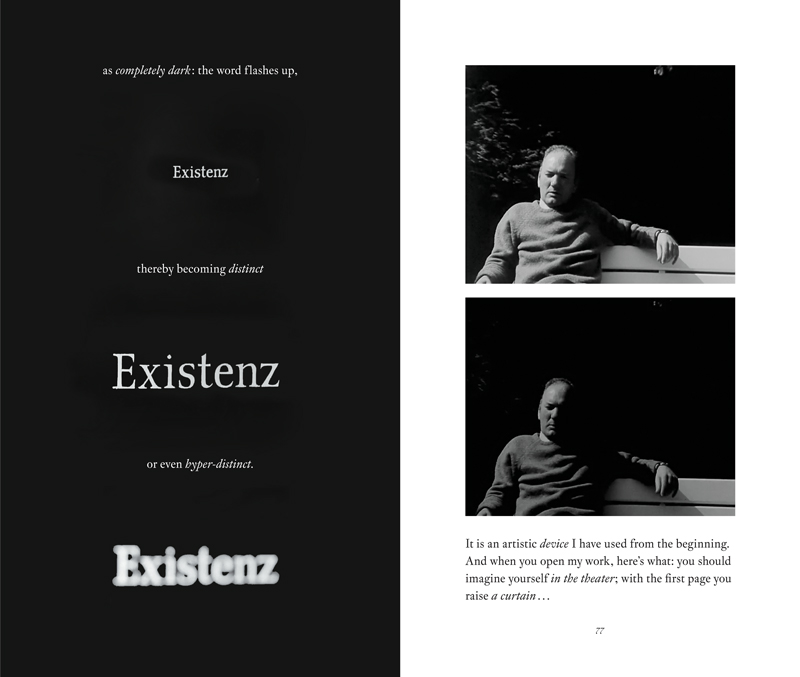
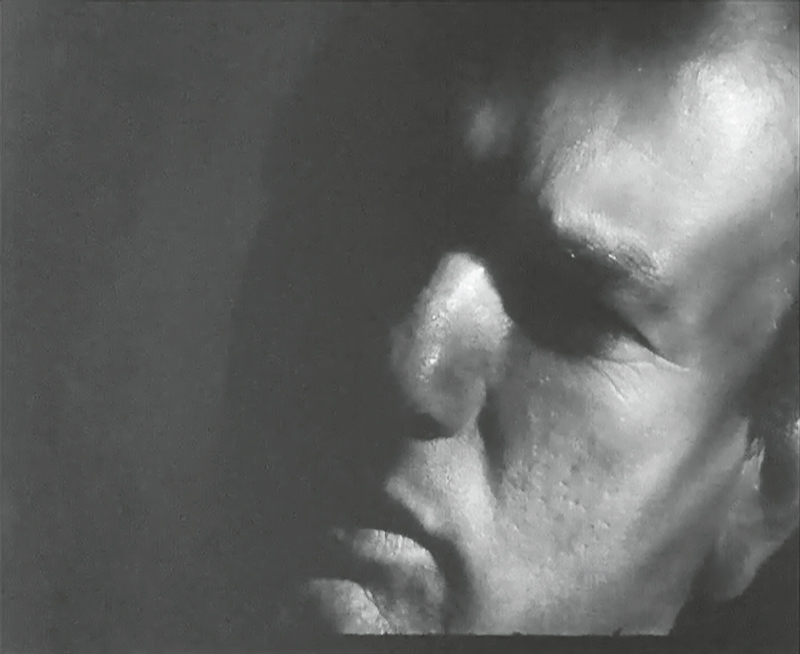
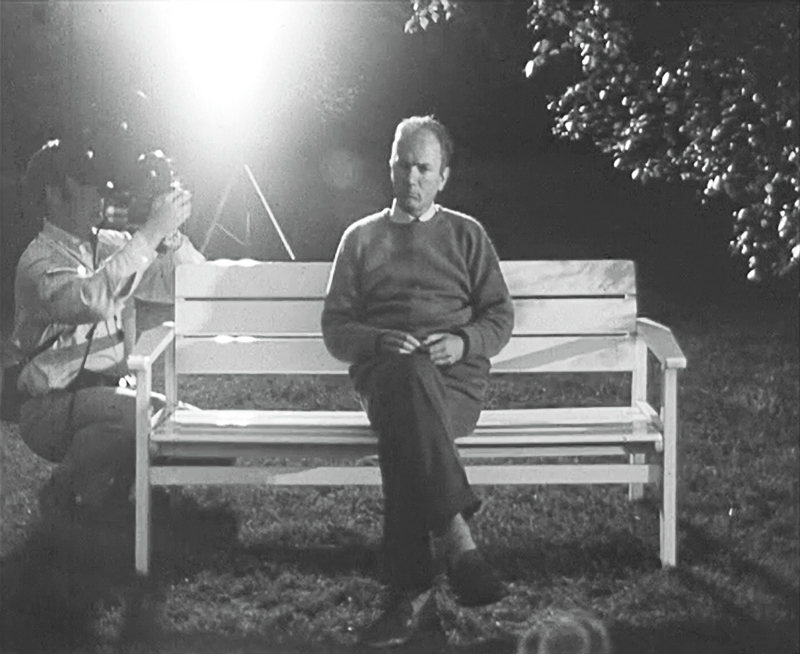

 Thomas Bernhard (1931–1989) is widely regarded as Austria’s greatest post–World War II writer. His best-known works include Frost; The Loser; Concrete; The Lime Works; Gargoyles; My Prizes; and his extensive memoir, Gathering Evidence, published originally in five separate volumes between 1975 and 1982.
Thomas Bernhard (1931–1989) is widely regarded as Austria’s greatest post–World War II writer. His best-known works include Frost; The Loser; Concrete; The Lime Works; Gargoyles; My Prizes; and his extensive memoir, Gathering Evidence, published originally in five separate volumes between 1975 and 1982.